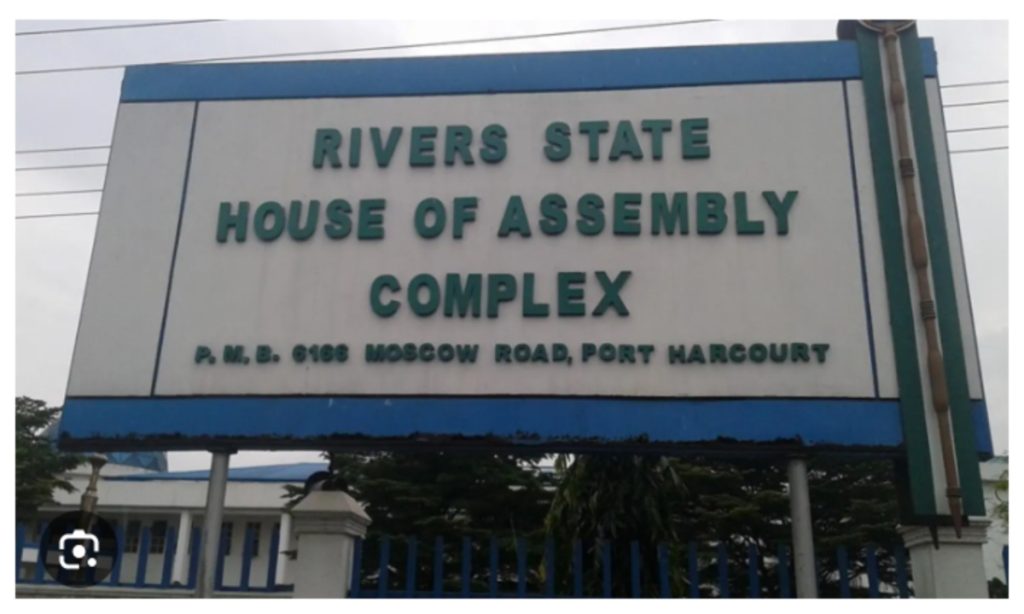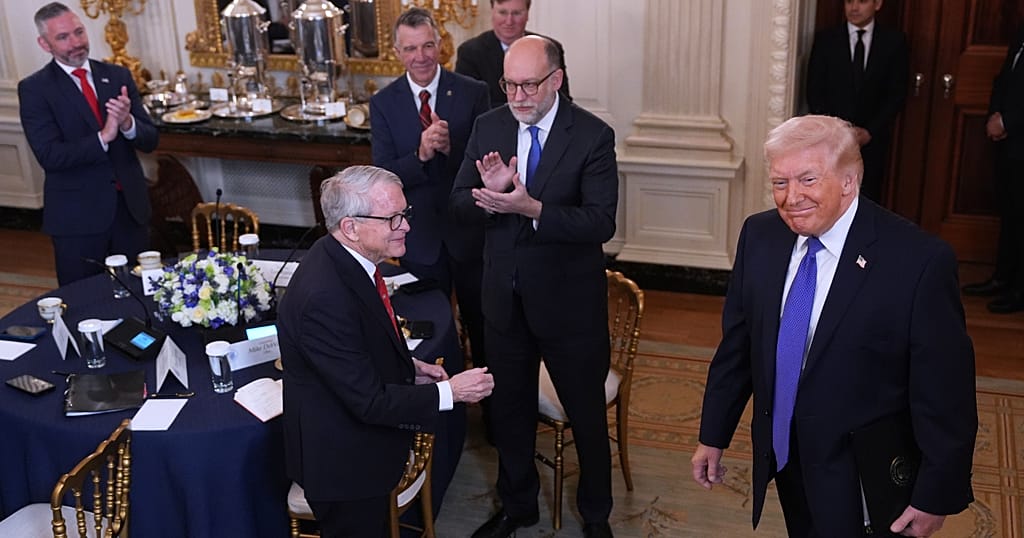The Central Bank of Nigeria’s Governor, Olayemi Cardoso, has emphasized the importance of the Federal Government’s economic reforms and fiscal consolidation measures in repositioning the country’s economy for sustainable growth. Speaking at the 2025 Annual Executive Seminar, Cardoso noted that while these reforms come with short-term challenges, they are essential for the economy’s long-term sustainability.
The seminar, themed “Deepening Reforms: Path to Diversification and Sustainable Growth,” highlighted the need for credible policies, transparent markets, and sound governance to strengthen investor confidence. According to Cardoso, the implementation of these policies has already led to a return of investor confidence in Nigeria’s markets. He also emphasized the importance of a credible inflation targeting regime to enhance predictability and guide market expectations.
The Minister of State for Finance, Dr. Doris Uzoka-Anite, reiterated the significance of the collaboration between the finance ministry and the Central Bank in steering the economy towards growth, productivity, and long-term competitiveness. She noted that the government aims to achieve a gross domestic product growth rate of over 4% per annum by 2027, with a goal of doubling the country’s GDP by 2037.
To achieve this, Uzoka-Anite stated that the sector-specific mix will shift over time, with a focus on reducing poverty by a substantial percentage. She also mentioned that President Bola Tinubu has set an ambitious goal of building Nigeria’s GDP to $1 trillion by 2037, which will require a consistent annual growth rate of 10-12%.
The Central Bank’s Deputy Governor, Economic Planning, Dr. Mohammed Abdullahi, noted that the annual seminar provides a platform for the bank’s leadership to examine emerging domestic and global macroeconomic trends and deliberate on policy options. He emphasized the need for sustained policy collaboration and structural follow-through to consolidate on the emerging gains from the reforms.
The Nigerian economy has experienced significant reforms over the past 18 months, including fiscal consolidation measures and the unification and liberalization of foreign exchange markets. While early indicators suggest positive macroeconomic adjustments, the reform trajectory remains incomplete, necessitating continued policy efforts to ensure a smooth transition to sustained and inclusive growth. As the country moves forward, the focus will be on consolidating and deepening these reforms to achieve long-term economic stability and growth.



